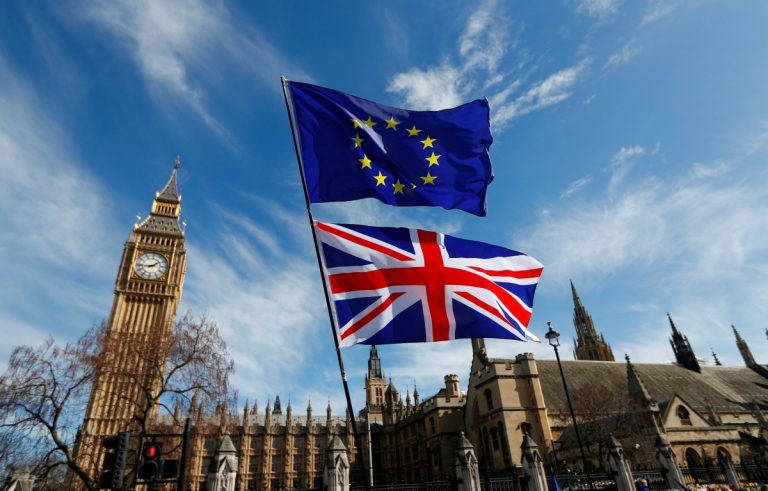
As the United Kingdom enters into the historic Brexit talks to negotiate its withdrawal from the European Union, the country’s universities fear the uncertainty it will wreak on the education sector until March 2019, when the UK is formally expected to leave the bloc.
But one thing seems to be looking up: More masters in finance graduates are setting their sights on countries outside the UK for work.
“Brexit is making us a bit more global,” Stefano Caselli, vice-rector for international affairs and finance professor at SDA Bocconi School of Management in Italy told Financial Times.
With the UK leaving the EU, Bocconi says other financial hubs in Europe, such as Milan, Dublin, Frankfurt and Paris stand to benefit. At SDA Bocconi, the number of applicants for finance courses are up 10 percent compared to last year, while international student applicants have increased by 39 percent.
Caselli says this reflects the more international mindset of students in terms of where they will study and work. These students have also shown increased interest to work in other cities such as Hong Kong, Singapore and New York.
https://twitter.com/kri0sis/status/855334121890906112
Britain’s vote to leave the EU has rocked the country’s universities in many ways: apart from the possibility of losing research grants, it has also scared off a stream of prospective students from the EU, as there remains a lack of clarity on what their work and residency rights will be.
Simon Collinson, who chairs the Chartered Association of Business Schools, believes UK business schools still have a competitive edge in terms of teaching quality and their strong financial services network. While he remains optimistic universities will adapt to the changing political landscape, he cautions Brexit may make visa requirements difficult for international students and deter them from coming.
Students like Bettina Sakiotis, a 17-year-old Greek living in Luxembourg, ultimately chose a UK university although she was offered a place at SDA Bocconi. For Sakiotis, her choice to study in Britain comes with doubts, thanks to Brexit.

A view of King’s College in London, UK. Source: Shutterstock
“I think (Brexit) will have serious political consequences for the UK,” she told Reuters. “I feel the UK is isolating itself.”
Not all are as quick to decide the fate of UK’s financial services post-Brexit, though.
Although Frankfurt has been touted as one banking hub expected to benefit from financial services companies seeking a base in the eurozone post-Brexit, Julia Knobbe, programme director for the masters in finance course at the Frankfurt School of Finance & Management, is cautious.
“Brexit is a big topic in Frankfurt at the moment and there is lots of discussion about how many jobs this will bring to Germany,” she says. “But at the moment it is too early to say if and how much impact Brexit is having on [masters in finance] admissions numbers.”
Liked this? Then you’ll love these…
United Kingdom: University heads want to be heard during Brexit talks
Northern Irish students demand from govt more certainty over post-Brexit fees







